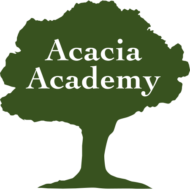La Grange Campus
(Elementary & High School)
6425 Willow Springs Road
LaGrange, IL 60525
708.579.9040
Burr Ridge Campus
(Transition Program Ages 17-22)
6880 North Frontage Road
Suite 100
Burr Ridge, IL 60527
708.639.4222
Mon - Fri: 8:00 a.m. - 5:00 p.m.
Admission open
